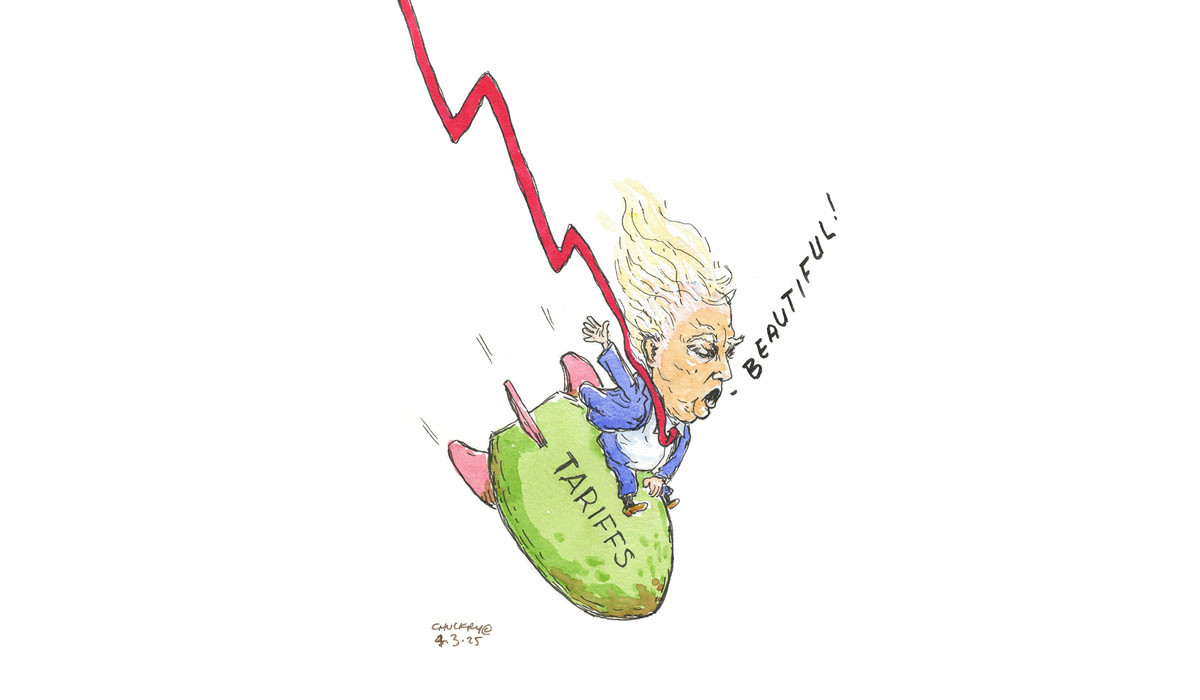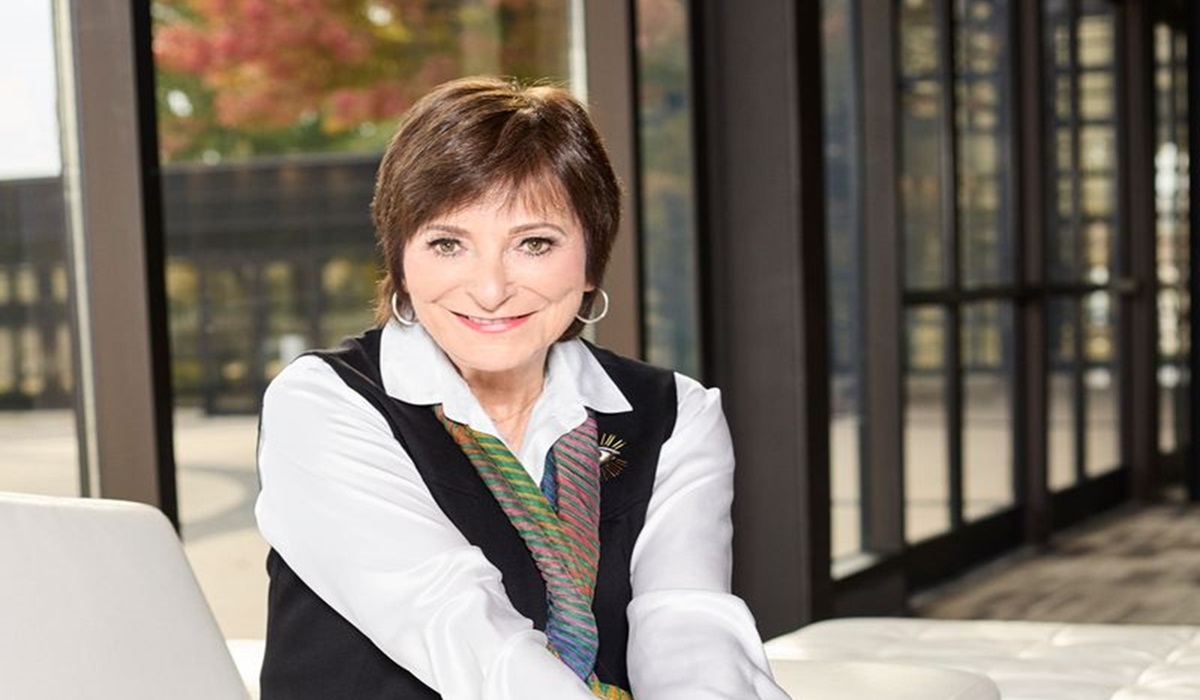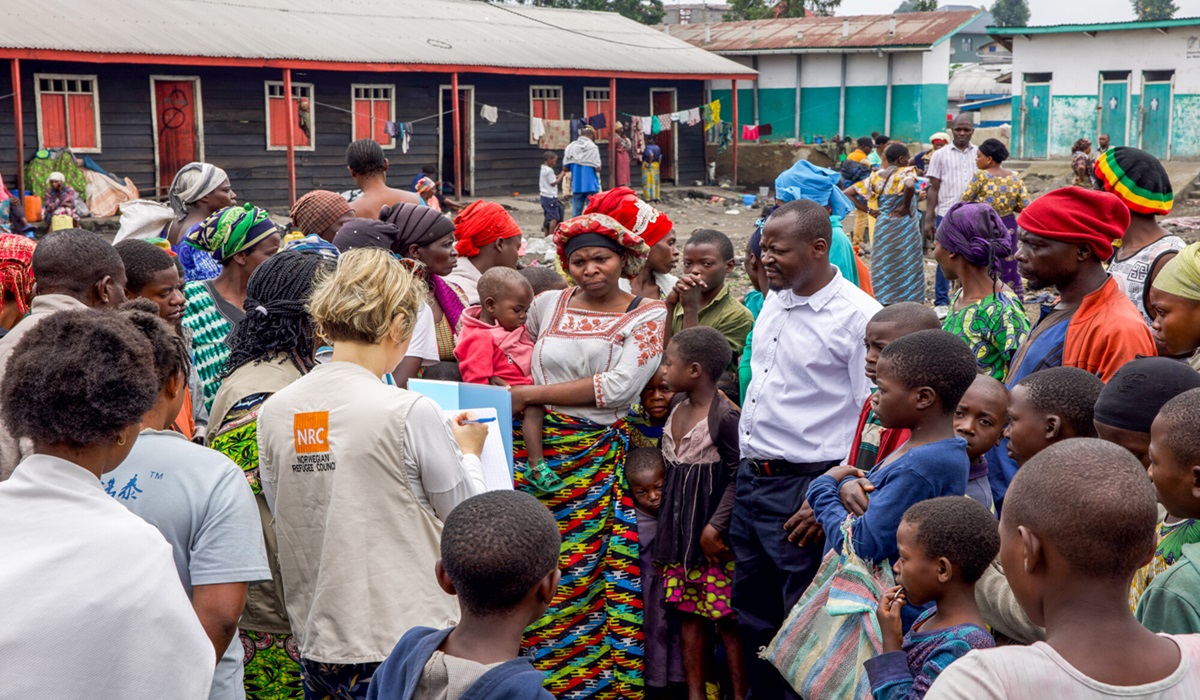Bloodlines and Boundaries: Why “Step” and “Half” Don’t Belong in Caribbean Family Vocabulary
- TDS News
- D.O.C Supplements - Trending News
- April 4, 2025

Image Credit, Janay Peters
In Caribbean culture, family ties are not dissected by biology or defined by legal technicalities. When someone says “that’s my brother” or “she’s my mother,” they mean it—wholeheartedly and without asterisks. You’ll rarely hear “stepfather,” “half-sister,” or “adopted brother” in everyday conversation. The idea of qualifying someone’s place in your life feels unnecessary, even disrespectful. Family is family, regardless of how the bond was formed.
But in North American society, those words—“step,” “half,” “adopted”—are deeply embedded in how relationships are introduced, explained, and often ranked. Someone might say, “She’s my half-sister,” not just as a descriptor, but almost as a boundary. It places a line, however subtle, between full and partial belonging. It’s a reminder—intentional or not—that the connection has an origin story that deviates from the nuclear ideal.
So why the difference? Why does North American culture hold onto those labels while the Caribbean lets them go?
Part of it comes down to how each culture views family. In the Caribbean, where extended families are often deeply interconnected and blended through generations, the notion of shared responsibility overrides the specifics of how someone came into your life. If your father marries a woman with children, those children are now your siblings—not “stepsiblings.” If your cousin moves in and is raised alongside you, she might as well be your sister. This approach isn’t about denying the truth of someone’s origins—it’s about refusing to use language that creates exclusion. The emphasis is on lived experience, not bloodline or legal status.
In contrast, North American societies, especially in legal and institutional contexts, are obsessed with categorization. The language of family is shaped by systems—inheritance laws, custody arrangements, insurance policies—that require precise definitions. “Stepfather” might mean someone has no legal rights over you. “Half-brother” might mean you share only one parent. These distinctions can become habitual ways of explaining relationships even in informal, emotional settings. And unfortunately, they often carry unspoken implications about whose bond is “real” and whose is conditional.
But what happens when people live under the same roof for years, raise children together, go through the motions and milestones of life as a family? At what point should those labels fade away?
The truth is, in many cases, they don’t. And that’s where the damage lies. Continually calling someone your “stepmother” after decades of shared history can feel like a quiet act of rejection, a refusal to fully open the door. Even if unintentional, it reinforces the idea that they don’t quite belong—that their place in your life is provisional. For those on the receiving end, it can sting like a paper cut: small, repetitive, and hard to explain to others who don’t feel it.
In the Caribbean, this kind of exclusion would be seen as heartless. There’s an unspoken understanding that relationships are sacred because of what people do for each other, not what they’re called. If someone raised you, fed you, defended you, laughed and cried with you, they are your parent, your sibling, your family. There’s no need to qualify that truth.
North America might benefit from taking a page from that book. Holding onto “step” and “half” for logistical clarity may make sense in courtrooms and medical charts, but in daily life—especially in emotionally rich relationships—it’s worth asking what purpose those words serve. Do they honor your connection, or do they chip away at it? Do they reflect love, or distance?
If someone has been there for the highs and lows, whether for years or just meaningful moments, insisting on calling them “step” is less about accuracy and more about keeping them at arm’s length. Maybe it’s time to drop the labels, drop the walls, and recognize that chosen family is just as real as any bloodline.
In the end, it’s not about who you came from—it’s about who shows up. And in the Caribbean, that’s enough. It should be enough everywhere.








